On the morning of June 4, waking up in a hospital bed at the Intensive Care and Anti-Poison Department, Hospital 19-8, Mr. LVH (62 years old, Quang Ninh ) was still in shock because he almost lost his life, but was fortunately saved thanks to the coordination between the two specialties of internal medicine, cardiology and intensive care.
Master, Doctor Le Manh, Department of Cardiology, said that 3 days ago, Mr. H. had symptoms of left chest pain but thought it was normal so he did not go to the doctor. When the pain did not subside and became more frequent, the pain was more severe, and he was sweating, on the morning of June 3, he went to the 19-8 Hospital for a check-up.
The electrocardiogram results showed that Mr. H had an acute myocardial infarction and he was immediately admitted to the emergency room. The doctors of the Cardiology Department quickly consulted and decided to perform emergency coronary intervention.
Through medical history, Mr. H had gout for many years, was a smoker for 30 years, smoked a pack of cigarettes every 2 days, and had poor blood pressure control. Pre-intervention assessment showed that the patient had complications of heart failure. Coronary angiography showed complete occlusion of the right coronary artery (RCA segment 1-2), distal stenosis of the circumflex artery, and 70% stenosis of the anterior interventricular branch.
During coronary angiography, the patient suddenly experienced ventricular fibrillation and cardiac arrest – a dangerous and life-threatening complication. Immediately, advanced cardiac arrest procedures were implemented. Thanks to the smooth coordination and high expertise of the medical team, doctors of the Department of Cardiology and the Department of Intensive Care and Anti-Poisoning, the patient's heart was able to beat again.
The team then continued to intervene, revascularizing the right coronary artery and placing two drug-coated stents to restore blood flow to the heart.
According to doctors, in this case, the patient was lucky to come to the hospital in time. If he had waited to come to the hospital late, the patient would have had a very high risk of death.
After the intervention, the patient was transferred to the Intensive Care and Anti-Poison Department in a coma, requiring mechanical ventilation, vasopressor, cardiac support, antiarrhythmic and anticoagulant drugs.
With the tireless efforts of the ICU team, after only 24 hours of intensive treatment, Mr. H. regained consciousness, gradually reduced the dose of vasopressors, and his vital signs were stable.
On the morning of June 4, he was successfully extubated, breathing well on his own with oxygen support, and was transferred to the Department of Cardiology for monitoring and medical treatment.
Master, Doctor Bui Nam Phong, Head of the Department of Intensive Care and Anti-Poisoning, said that this case once again emphasizes the importance of early detection of acute myocardial infarction, timely intervention and active resuscitation.
After being discharged from the hospital, cardiologists recommended that the male patient comply with taking heart-protective medication, control blood pressure risk factors well, and quit smoking to protect his health and life.
THIEN LAM
Source: https://nhandan.vn/cuu-nguoi-dan-ong-ngung-tim-nguy-kich-tinh-mang-post884566.html








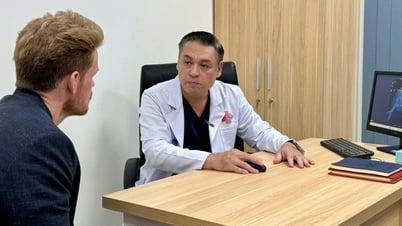

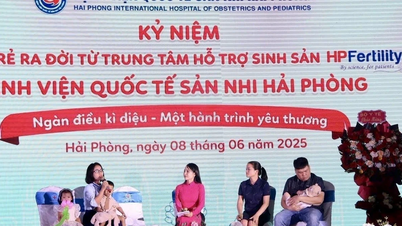

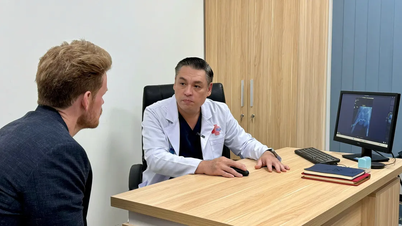

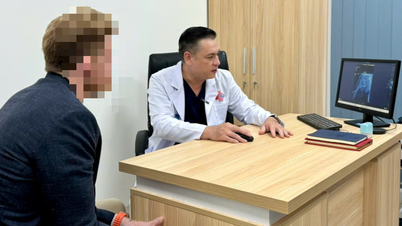

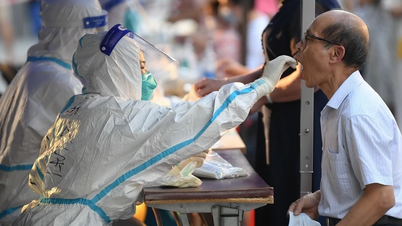
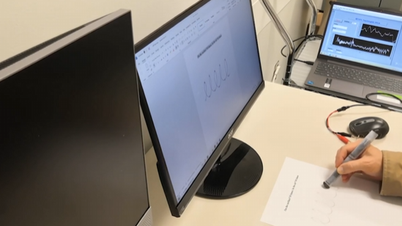




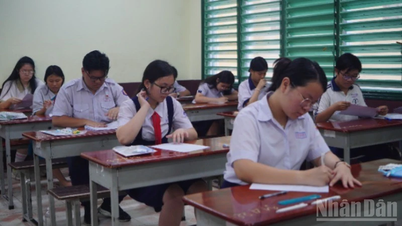
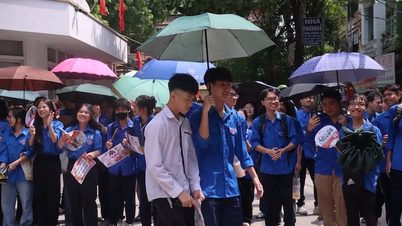

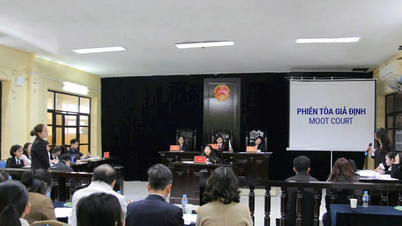
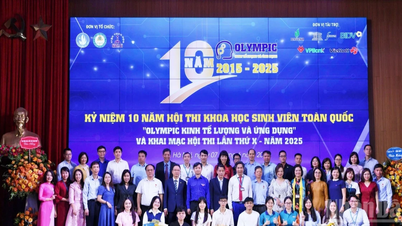
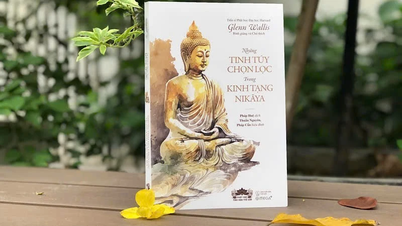





























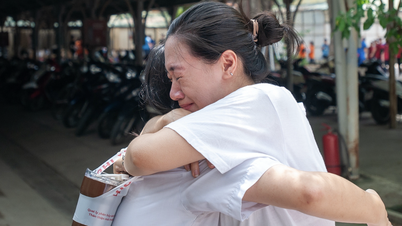

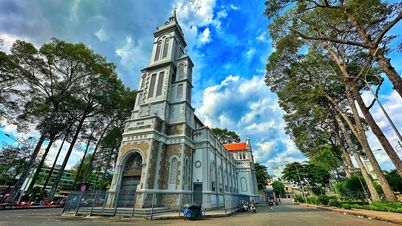












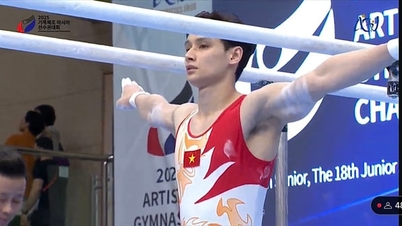













![[OCOP REVIEW] Tu Duyen Syrup - The essence of herbs from the mountains and forests of Nhu Thanh](https://vphoto.vietnam.vn/thumb/402x226/vietnam/resource/IMAGE/2025/6/5/58ca32fce4ec44039e444fbfae7e75ec)




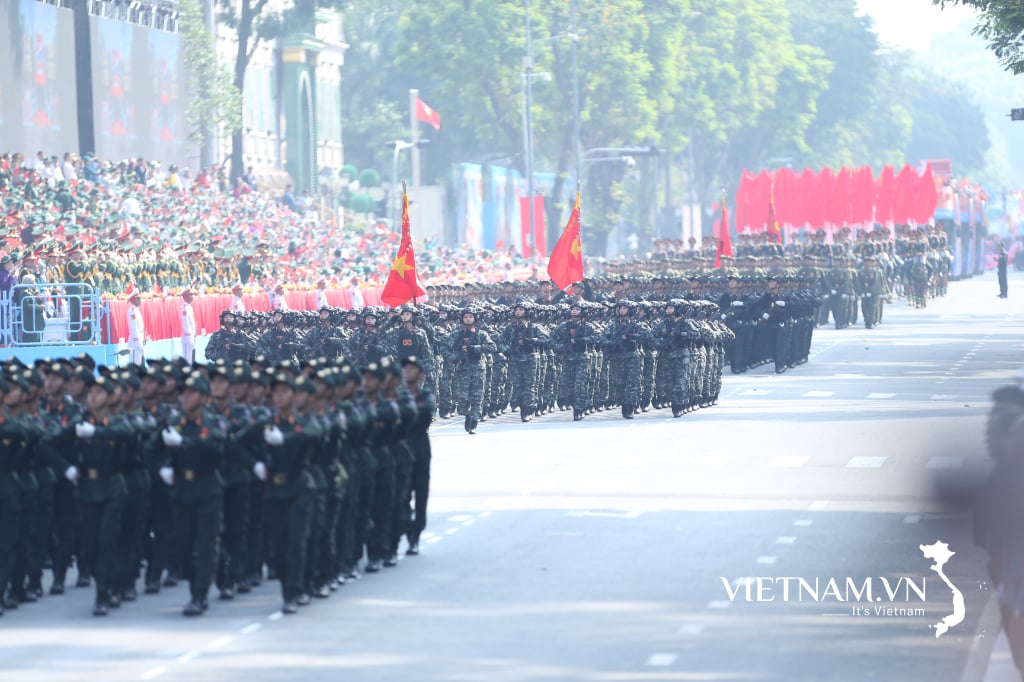


Comment (0)